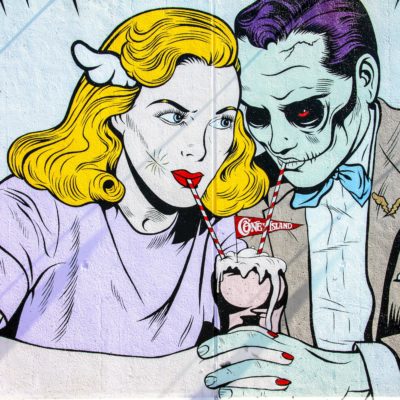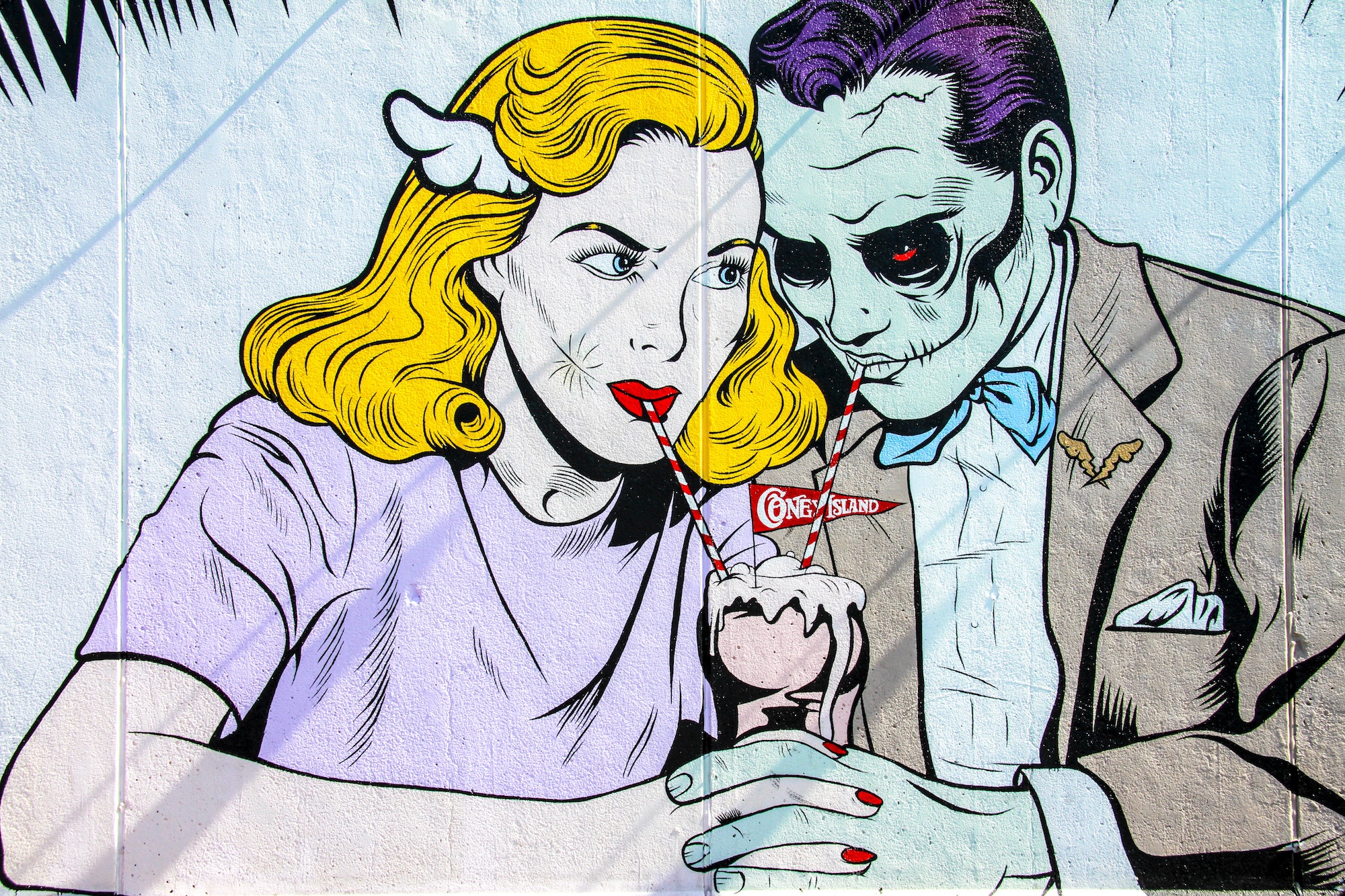What to expect from a licensing agreement
Realistically, if you don’t have any experience making games, you aren’t likely to secure a license. Once you do ship a game or two, you can consider approaching intellectual property owners for permission.
Remember, developing a fan game and making it available for use is likely going to bring you some legal trouble. However, you can quietly prototype to pitch to your licensor of choice.
Before you do so, be aware that licensed games bring additional financial and operational burdens. If you work with someone else’s intellectual property, the agreement will likely include a royalty fee.
This will cut into your revenue, diverting a piece of the sales proceeds to the intellectual property holder. Most licensors require a minimum guarantee up front.
This is a calculation of the royalty rate multiplied by a negotiated number of copies. This protects the licensor’s time investment in your project. After you sell copies equal to the minimum guarantee, you’ll start making regular royalty payments at the negotiated rate.
Speaking of time, you should tack on 50 percent more than you would usually spend to your anticipated project length. Typically, licensors approve just about everything from art to sound to narrative.
Sometimes these approvals roll in quickly. Other times you may find yourself waiting for weeks. You might also need to iterate and revise a few times in order to bring your content in line with the source material.
There’s big risk in working on licensed games, as an external organization can severely impact your timeline. So, why roll the dice with someone else’s IP?
The benefits of licensing

Your project is going to take longer to finish. You’ll pay the intellectual property holder a big minimum guarantee payment up front. You’ll owe additional royalties, if your game sells past that point, too.
All of these risks can be worth it, if you manage the process well.
There are a number of reasons to go down this road. You might be a huge fan, making this game a dream project. Popular franchises already have a fan base waiting to buy your game. The potential for success is enormous.
If you plan accordingly, budget for additional time, and proactively manage the approval process, a licensed game can propel your studio forward.
You can read more about licensing agreements in The GameDev Business Handbook available now in digital format direct from Bithell Games or on Kindle from Amazon.





